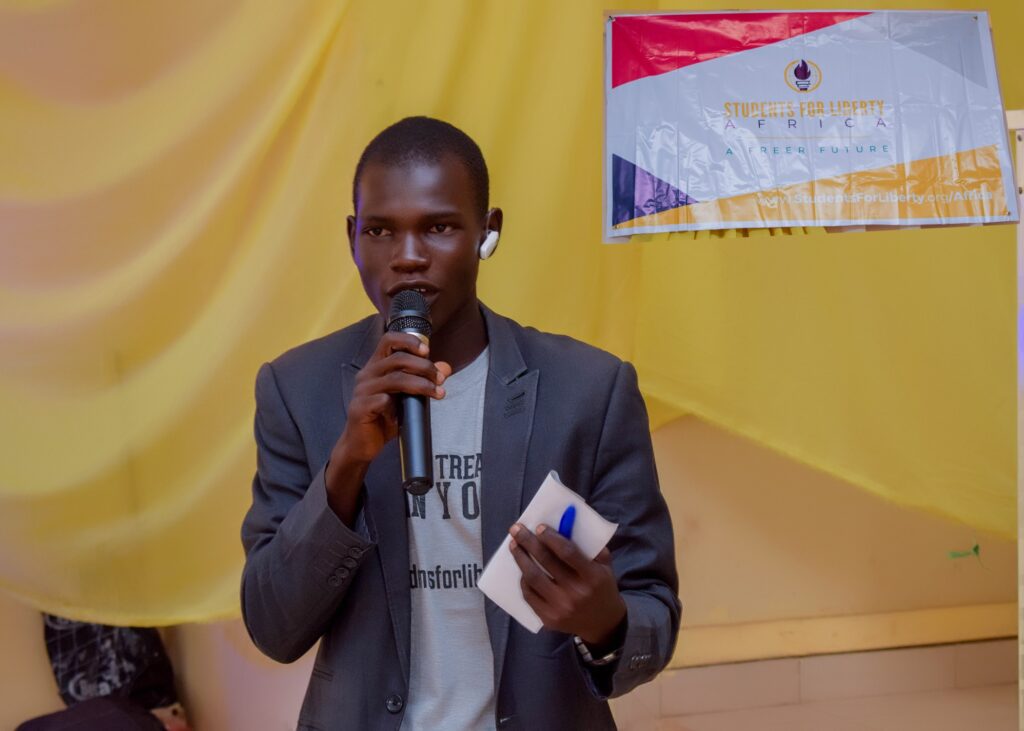It is known that students tend to engage in extracurricular activities. Perhaps they have rebuked the ideology of “books only” or they discover that they have their unique potentials.
Either way, students are now fond of doing and learning things not taught in class. And I hold it as education too. It is an education to survive, to learn protocols, to x-ray the environment and put one on his foot.
There are different extracurricular activities ranging from administrative ones, talent exhibitions, garnering skills among others. One I found my foot in is volunteering for non-for-profit organizations and journalism.
Almost all Nigerian tertiary institutions have platforms where students can let their inner light shine. That’s why I am always convinced that higher institutions are like marketplaces; there is a high tendency of you getting what you would like to purchase. But for some students, it saddens me that after all activities they engaged in, certificates and awards bagged during their activism days, it all disappears in thin air as does smoke… after leaving the portfolio(s).
For me, leaving any position held as a student is a starting point. That should be your moment to reflect on service done— retaining your strength for connection and future adventure. In whatever portfolio! For NGOs, be their visibility, “rep” their brand, promote what they do, and have an open mind. I learnt this from my mentors.
For campus journalism, it might be hectic at the beginning. There would be intimidation by both fellow students and even lecturers. You will be termed as a “fame-monger”, unserious student, and other derogative names. And yes, there would be mistrust too. My diary tells stories of interviewing lecturers who will want to lobby me. Trying to be my editor. Seeking to see my work before being published; demanding to replay interviews held… and all sorts of others.
But see, raise above it all. Before engaging in extracurricular activities of your interest, study it— check if it has any alignment with your field of study, skills or talents and then discover yourself. Be ready to show respect and learn from all. You need to “be as free as a breeze”.
In harnessing opportunities as a campus journalist, you must first be an insatiable reader. Then start working it out. Then build connection; join the family. After that, be sharing your work and others. Be learning from both. Be sharing opportunities. Then for me, again, you need to be influential: create impactful and influential works. While growing and applying for various things, you need not forget to have a chest for criticism and rejections, too.
You must also be ready to spend to learn. Attend workshops, attend training and seminars. Travel to learn. You will meet new people, learn from them, and build connections. I was privileged to have met friends, people who I now regard as mentors, some of whom we together have aligned vision and mission.
Furthermore, be ready to take up assignments free of charge; be ready to volunteer; be ready for non-paid internships. These are the ways to go. It helps a lot: it helps fill the vacuum of experience, and prepares you for “life after school”.
However, in doing this as a student, there is a price that comes with it. Engaging in extracurricular activities can come with victimization (academics and non-academics), and also opportunity. But hold your ground; you will soon be an authority, a voice not a vice! And lastly, you cannot be a “know-all-edge”. Hence, remain humble, and keep learning.
Sulaiman is a graduating UDUS law student, writer at Bunnaj, Intern at Media Career as placed by PTCIJ, and Editorial Assistant at African Liberty.

